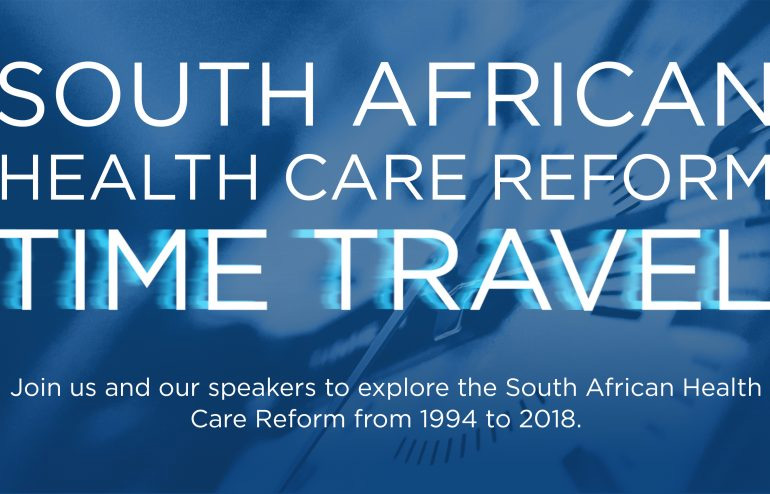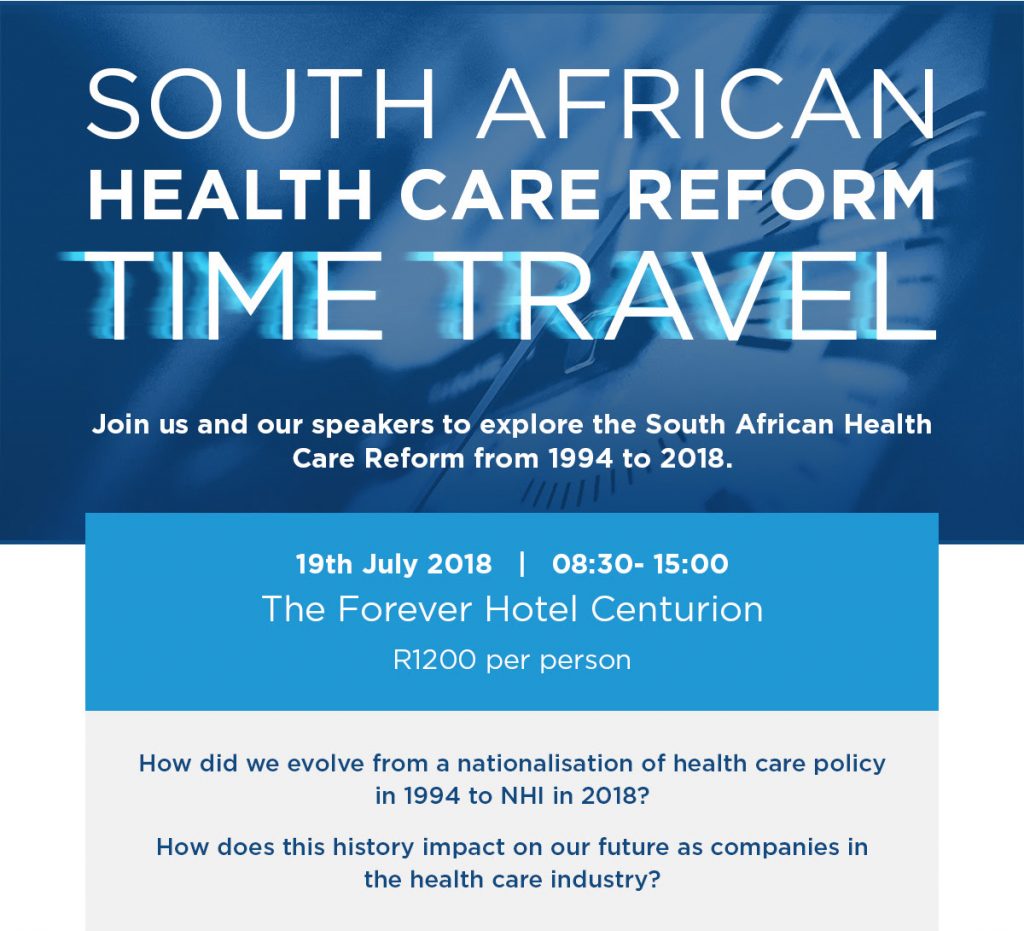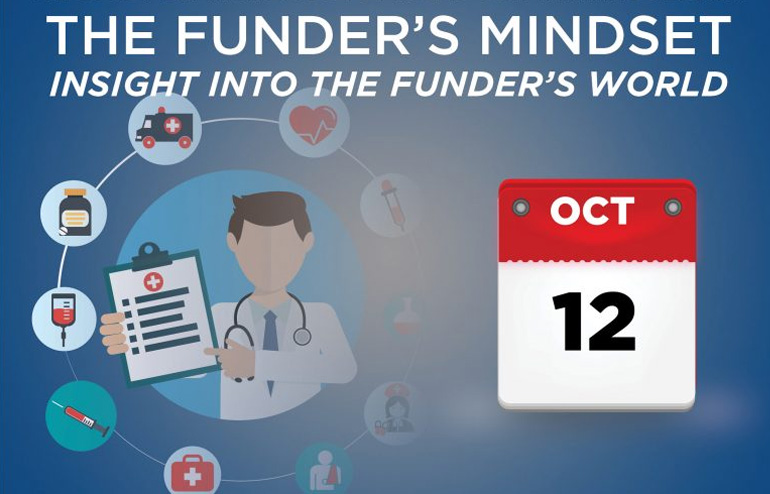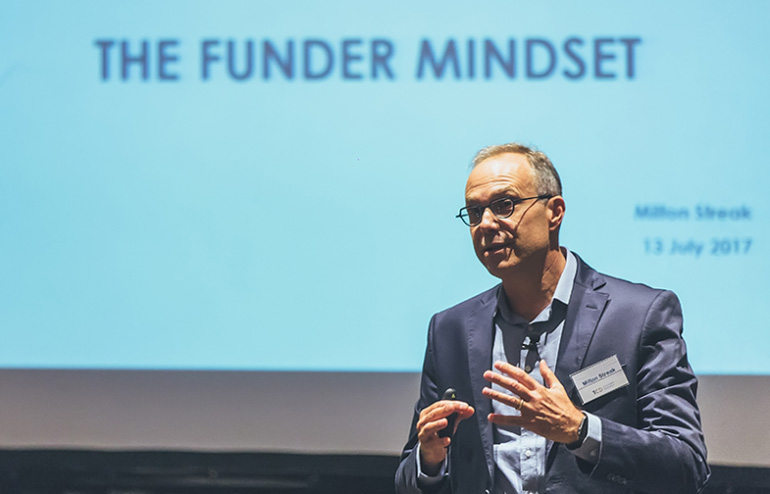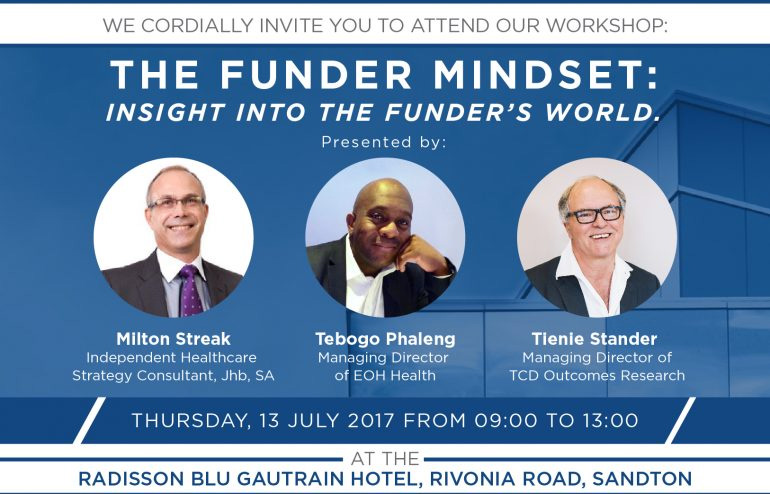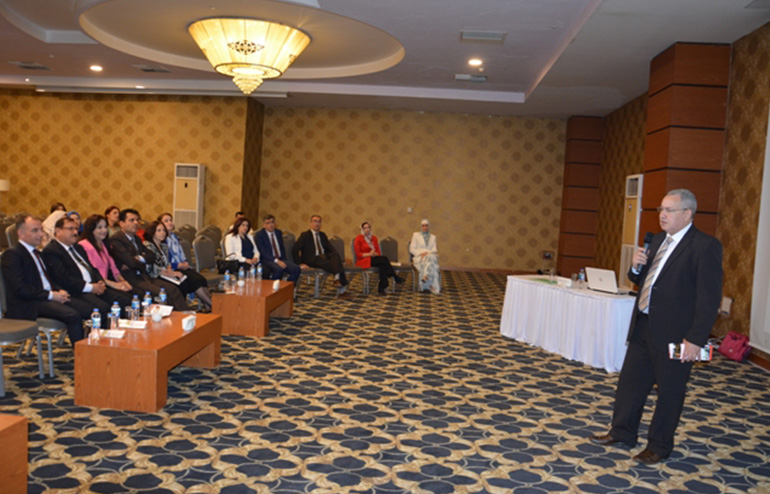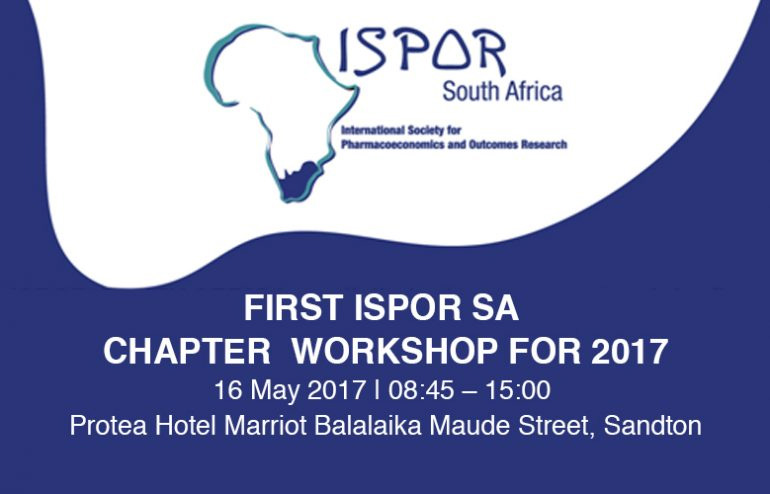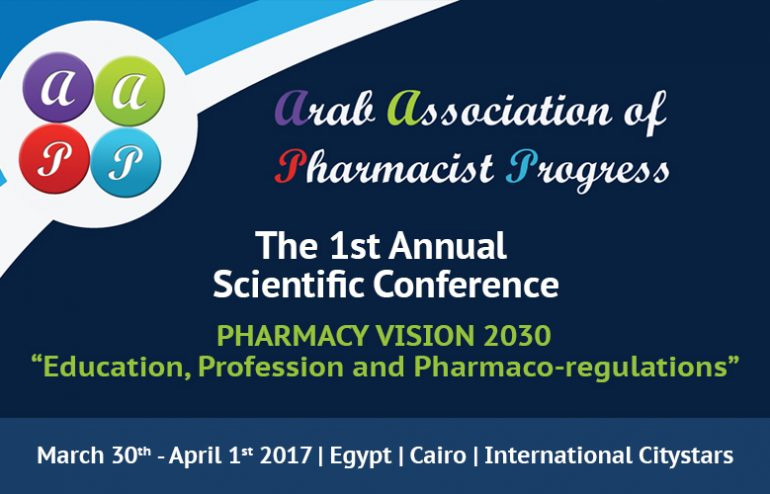Plato’s Allegory of the Cave and lessons for today
If I ask: Why are blackberries red? And I tell you: Because they are green. What would you think? My answer, for some, may be perfectly logic, depending on their background and occupation. For a blackberry farmer, my answer would not only be perfectly logic, but they would actually have the correct answer immediately. However, for most of us, the question and the answer would have been confusing. By simply changing my words, I would have limited this confusion. Why are blackberries red? Because they are not ripe (= green). Blackberries actually go from red to black as they ripen.
If I ask, today, whether humans are living in caves, most will answer: No, of course not.
However, in similar fashion, this might not be true, depending on how we interpret the question? During the COVID 19 pandemic and global lockdown, many people might answer: Yes! This lockdown is a cave I cannot escape from. However, there is a deeper, metaphorical cave we might in fact be living in without even knowing. In this article I turn to the masters from the past and stand on their shoulders to challenge us. Let’s turn to the philosophers, people like Socrates, Plato and Aristotle.
The word philosophy in essence means the love of truth. As scientists and researchers, we are therefore all philosophers as we search for truth. In Plato’s Allegory of the Cave, he challenges society that many people live in caves and in a belief that is not based on truth.
According to Wheeler in Literary Terms and Definitions (Carlson Carson-Newman University) allegories are typically used as “literary devices or as rhetorical devices that convey (semi-) hidden or complex meanings through symbolic figures, actions, imagery or events which together create a moral spiritual or political meaning the author wishes to convey”.
The Allegory of the Cave distinguishes between those who make observational knowledge their source of truth and those who see the real truth. Stated differently (and in line with the late Jack Welsch’s first rule of business): The first rule of success is to confront reality. That means seeing the world the way it really is, and not the way we want it to be.
With that said, let us paint the picture of the Cave as was portrayed by Plato. There are four scenes in this allegory: the cave and its inhabitants; the games the inhabitants play; the escape from the cave; and the return to the cave.
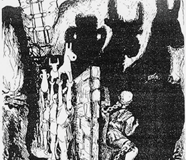 The Cave and its inhabitants: Three prisoners are locked in chains in a cave, all facing an empty cave wall. They have been there all their life. They cannot move at all. Not even turn their heads. Behind them, there is a fire burning and other, free people are walking silently going about their day between the fire and the prisoners. The only thing the prisoners can see are the moving shadows on the wall as the free people pass by. For them, the shadows represent truth, their truth.
The Cave and its inhabitants: Three prisoners are locked in chains in a cave, all facing an empty cave wall. They have been there all their life. They cannot move at all. Not even turn their heads. Behind them, there is a fire burning and other, free people are walking silently going about their day between the fire and the prisoners. The only thing the prisoners can see are the moving shadows on the wall as the free people pass by. For them, the shadows represent truth, their truth.
The games they play: They invent a game to guess what shadow image will appear next. When someone guesses right, he is hailed as a genius, the other two in awe of his wisdom.
The escape: Then, one prisoner escapes. He exists the cave and sees a world he never anticipated. He sees the sun as the source of true light. While initially he cannot believe it, he experiences beauty and creation and understands that the shadows they saw were only images of the real truth. That the shadows were not truth. It was meaningless.
The return: The escapee then returns to the Cave to share with his fellow prisoners his new knowledge. They do not believe him and threatens to kill him if he sets them free.
The Cave challenges us to always confront reality; to always question, even empirical evidence; to distinguish between perceptions and beliefs and truth. As scientists we need to remain objective and curious. We need to never stop questioning. We need to treat current “truths” as the best possible version of the truth given the evidence at our disposal. We need to be aware that new evidence might be forthcoming that will challenge current wisdom (shadows on the wall?) and we need to open ourselves for those possibilities.
Some truths are most likely irrefutable. For example, that earth is in fact round. Some cause and effect truths are irrefutable, for example that sunset leads to darkness. However, most of today’s empirical evidence is not irrefutable. Drug safety and efficacy for example remains the best version based on existing evidence.
Furthermore, Plato’s Cave teaches us that it is seldom popular or well accepted when we challenge the current convention and beliefs. Think about the concept of glycaemic index. When Jenkins constructed the index in 1981, he was ridiculed by his peers.
Lastly, Plato’s Cave challenges us all to think like philosophers, those who are in love with truth and will continue searching for truth. It challenges us to seek truth outside the basic constructs we were taught. It challenges the belief that, just because someone has an opinion, she or he is a genius. It challenges us to exit the Cave and to let go of the straddling bands that keeps us in the Cave.
“Logic is immaturity weaving its nets of gossamer wherewith it aims to catch the behemoth of knowledge. Logic is a crutch for the cripple, but a burden for the swift of foot and a greater burden still for the wise.”
― Mikhail Naimy, The Book of Mirdad
By Dr Tienie Stander


